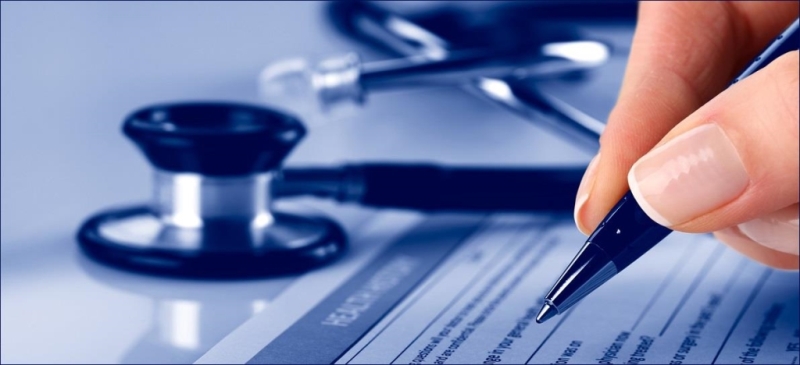**Title: A Complete Guide to Medical Billing Courses**
In today’s ever-evolving healthcare industry, medical billing professionals play a crucial role in ensuring the financial health of healthcare practices. Medical billing involves translating healthcare services into billing codes for insurance reimbursement. If you are considering a career in medical billing or looking to enhance your skills in this field, undergoing a medical billing course can be a great way to kickstart your journey. In this comprehensive guide, we will explore everything you need to know about medical billing courses.
**Introduction to Medical Billing Courses**
A medical billing course provides individuals with the necessary knowledge and skills to become proficient in medical billing and coding. These courses cover a wide range of topics, including medical terminology, insurance policies and procedures, coding guidelines, billing software, and compliance regulations.
**Benefits of Taking a Medical Billing Course**
– **Specialized Knowledge**: A medical billing course equips you with specialized knowledge and skills required to excel in this field.
– **Career Opportunities**: Upon completion of a medical billing course, you can pursue various career opportunities in healthcare organizations, medical billing companies, and insurance companies.
– **Job Security**: The demand for skilled medical billing professionals is on the rise, offering job security and stability in a high-growth industry.
– **Remote Work Opportunities**: Medical billing professionals often have the flexibility to work remotely, making it an attractive option for those seeking work-life balance.
**What to Expect in a Medical Billing Course**
– **Curriculum**: The curriculum of a medical billing course typically covers topics such as anatomy and physiology, medical coding, healthcare reimbursement, and electronic health records.
– **Hands-On Training**: Many medical billing courses offer hands-on training to give students practical experience in working with billing software and coding systems.
– **Certification**: Upon completion of a medical billing course, students may have the opportunity to earn industry-recognized certifications, such as Certified Professional Biller (CPB) or Certified Professional Coder (CPC).
**Practical Tips for Success**
– **Stay Updated**: The healthcare industry is constantly evolving, so it is essential to stay updated on the latest trends, regulations, and coding guidelines.
- **Practice Regularly**: Practice coding exercises and case studies to enhance your skills and ensure accuracy in medical billing processes.
– **Network**: Build relationships with industry professionals, attend conferences, and join professional organizations to expand your network and career opportunities.
**Case Study: Emily’s Success Story**
Emily, a recent graduate of a medical billing course, landed a job at a prestigious healthcare organization shortly after completing her certification. With her in-depth knowledge and practical training, Emily excelled in her role as a medical billing specialist and was promoted to a senior position within a year.
**Conclusion**
Investing in a medical billing course can open doors to a rewarding career in the healthcare industry. Whether you are a newcomer or a seasoned professional looking to upskill, a medical billing course provides you with the necessary tools and knowledge to succeed in this dynamic field. By staying updated, practicing regularly, and networking with industry professionals, you can pave the way for a successful career in medical billing. Start your journey today and unlock a world of opportunities in medical billing and coding.



